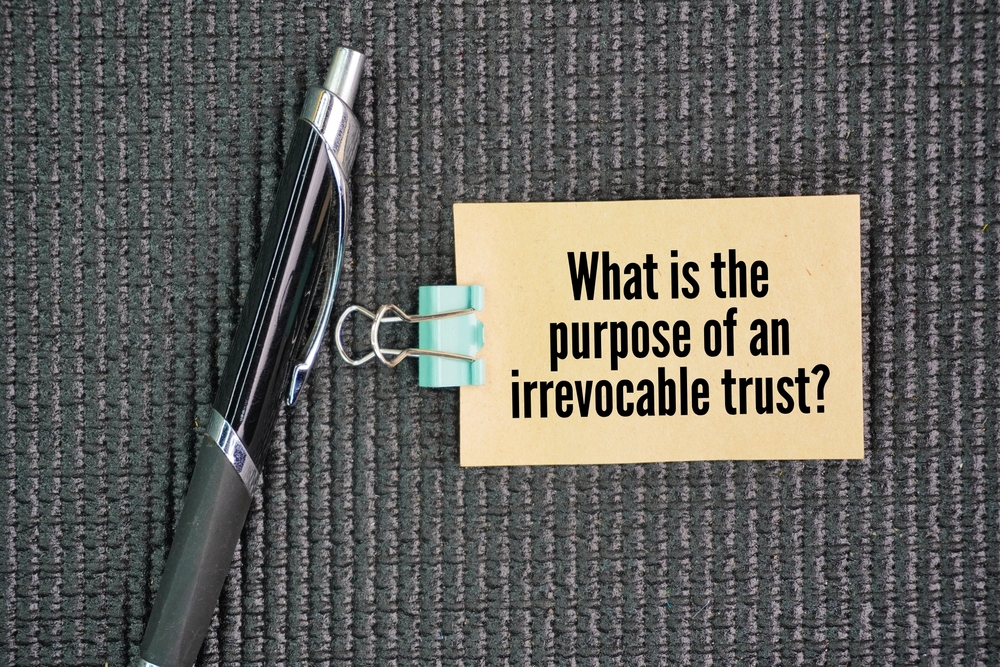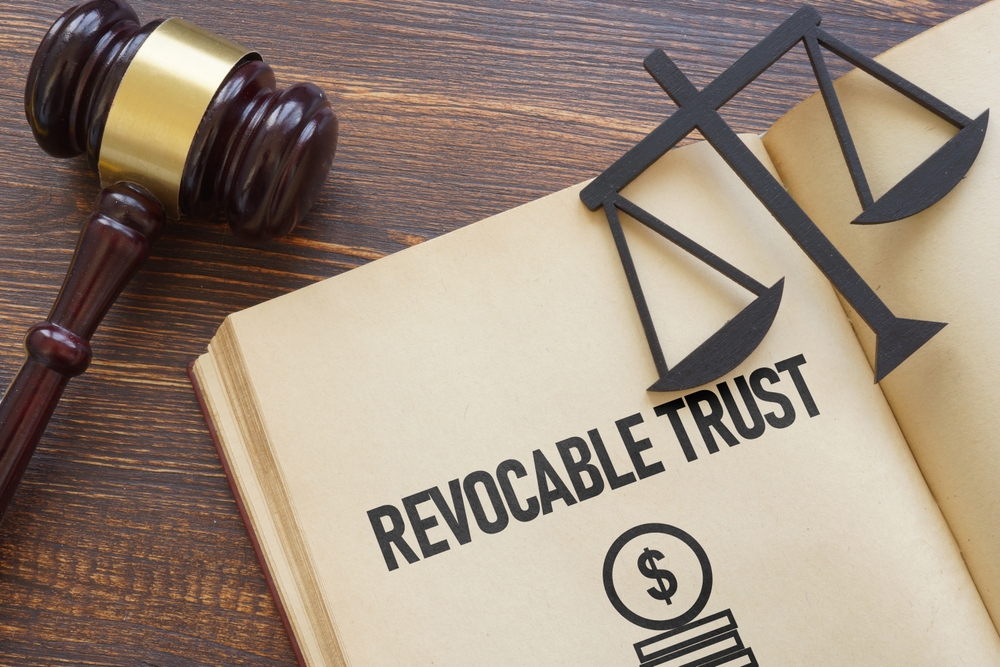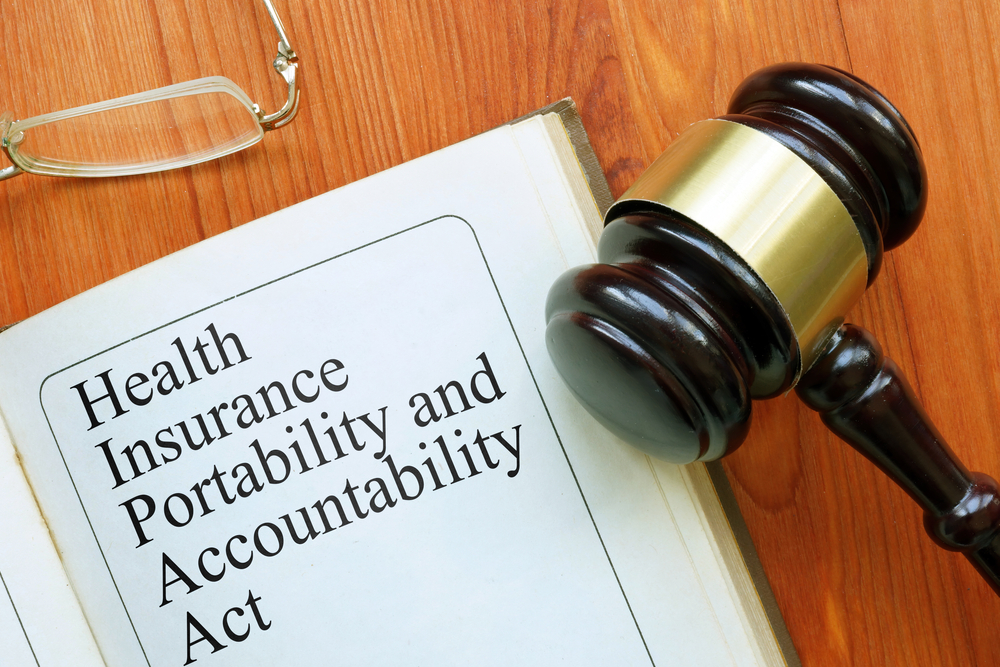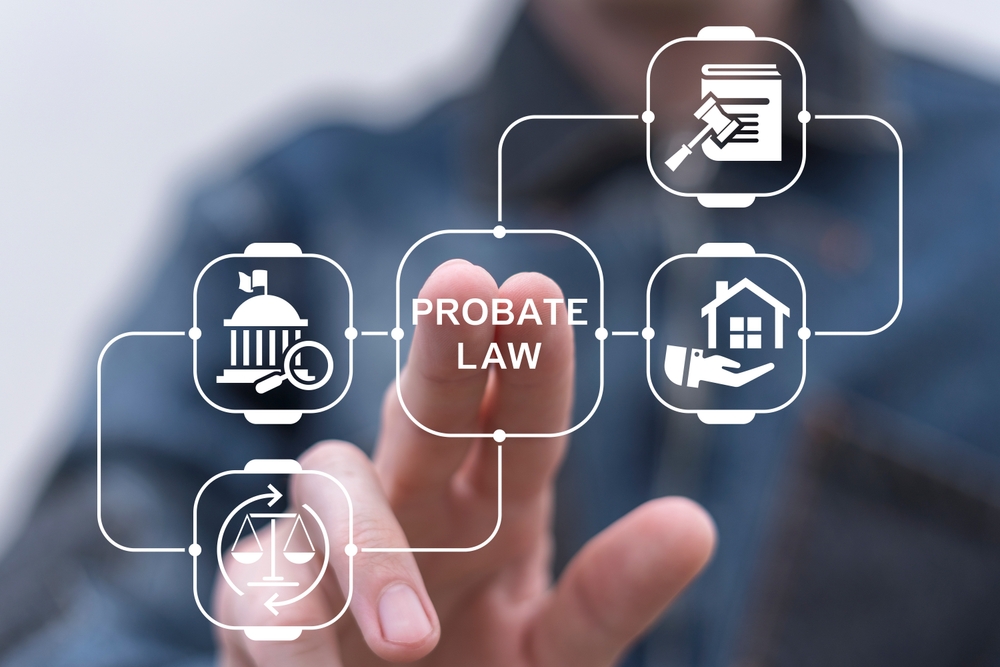
Is an Irrevocable Trust in Florida Right for Your Family?
Irrevocable Trust in Florida: Why Some Families Choose Permanent Protection Some families choose irrevocable trusts for permanent protection to secure their wealth for future generations, shield assets from potential risks, and optimize tax benefits. These trusts offer a robust way








